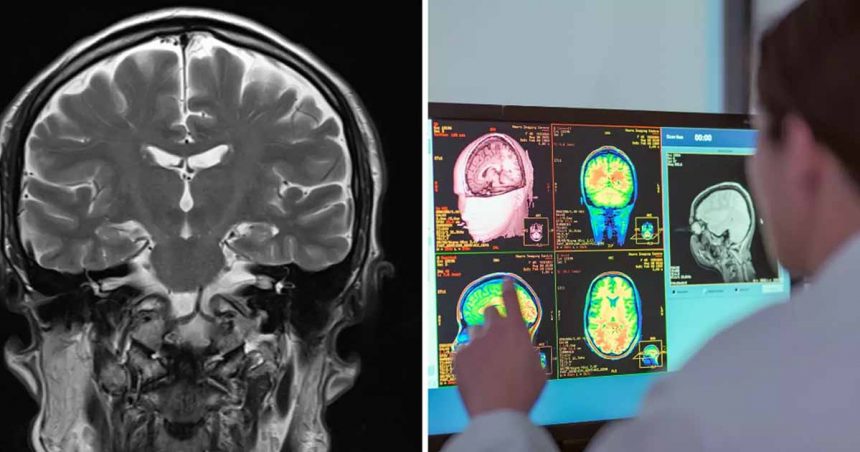Understanding the critical link between muscle movement and brain health is essential for overall well-being. Neurologist Dr. Kim Johnson Hatchett highlights the alarming impact of neglecting physical activity, particularly strength training, on the brain. Let’s delve into the dangerous habit she identifies that could lead to lasting damage.
Muscle Weakness: A Silent Brain Killer

Dr. Hatchett emphasizes the close connection between muscle weakness and brain function. Many individuals fail to realize that physical weakness or mobility issues can impact brain health significantly. The absence of muscle movement deprives the brain of nerve growth factor (NGF), a crucial peptide for supporting neurons and myelin, which are vital for cognitive function1.
Read More: You Destroy Your Brain Health Rapidly With These 10 Stupid Daily Habits
The Inactivity Epidemic

In today’s modern lifestyle, the prioritization of work and sedentary activities over physical exercise exacerbates the issue. Dr. Hatchett points out that people in their 30s and 40s often overlook the importance of exercise due to busy schedules, not realizing the severe implications on brain health in the future. She emphasizes, “Even a little bit of daily movement reduces your dementia risk“2.
The Brain’s Response to Exercise

Engaging in regular exercise, especially cardio and strength training, enhances blood flow to the brain, leading to improved cognitive function. Trying new physical activities and repeating them strengthens connections in the brain, promoting both physical and mental resilience.
Read More: Science says eating chocolate every week is good for your brain
The Importance of Strength Training

With natural muscle loss as we age, incorporating strength training into daily routines becomes crucial after the age of 50. Maintaining muscle mass through exercise is essential for performing everyday tasks and preserving cognitive function. Dr. Hatchett underscores the significance of strength exercises for long-term mobility and brain health.
Taking Control of the Aging Process

Dr. Hatchett emphasizes that the decline in physical and mental capabilities with age is not inevitable. Engaging in regular physical activity, particularly strength training, serves as an investment in future health. Just as individuals save for retirement, starting to exercise today ensures a higher quality of life in the future.
Conclusion

Dr. Hatchett’s insights underscore the crucial connection between physical and mental health. Prioritizing regular exercise, especially strength training, can prevent muscle weakness and protect cognitive function as we age. It’s never too early to start investing in your brain’s future through movement. As she wisely states, “Getting weaker as you age is not inevitable“—and the best time to start is now.
Read More: Rosemary: The Brain Boosting Herb
Sources
- “Neurologist reveals the single scariest thing she sees people doing to their brains.” Tyla. Kya Buller. August 14, 2024.
- “I’m a Neurologist, and Here’s the No. 1 Thing I See People Do That’s Bad for Their Brain.” Self. Maressa Brown. August 12, 2024.






